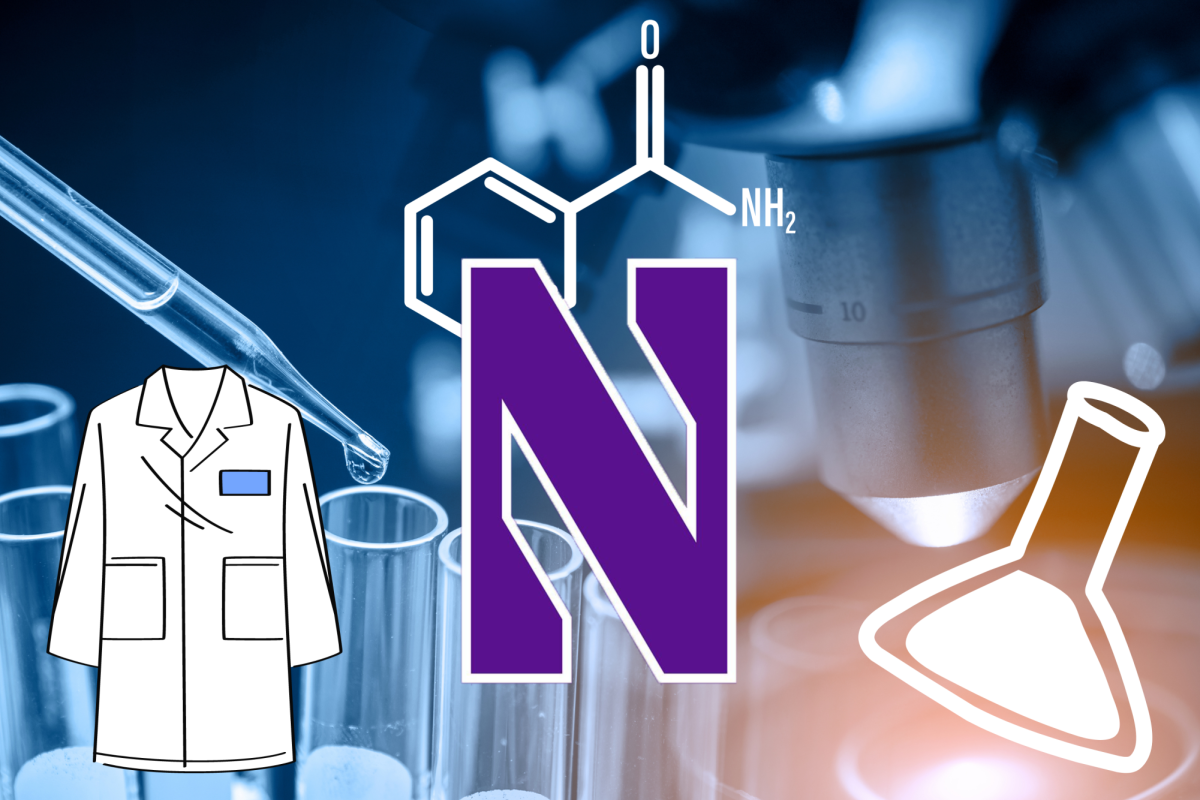NU Prof. Robert Vassar recently showed the Alzheimer’s disease therapy he discovered more than 10 years ago may do as much harm as good. Vassar said that during a recent test with laboratory mice, the treatment caused significant olfactory system issues, which could also mean memory problems.
The drug blocks BACE1, the enzyme Vassar found is partly responsible for the buildup of plaque in the brain. He theorized if scientists could inhibit BACE1’s production, they could stop plaque production and Alzheimer’s disease, too. “Knockout” mice, those engineered without BACE1, seemed to benefit from the drug upon first inspection.
“They appeared normal, they behaved normally and their growth behavior was normal,” Vassar said. “That indicated that BACE1 inhibitor drugs might be free of adverse side effects.”
Until now, the therapy seemed very effective, Vassar said. One company has already used it in a drug, which recently made its way past Food and Drug Administration Phase 1 safety trials in humans. However, Vassar said those trials are not exactly reflective of the patient demographic.
“The problem is that those are all normal, young, healthy volunteers and in small dosages,” he said. “Future trials will be testing it in elderly patients with Alzheimer’s disease.”
In this study, however, Vassar found BACE1 plays a key role in telling neurons where to grow and fire signals. Knockout mice had “fairly compromised” olfactory systems, and olfaction, or sense of smell, is an accurate indicator of most other neurologic processes, Vassar said. That could include memory, he said.
“We’re sending the information out there and letting drug makers do what they will,” Vassar said. “If they do see side effects, then they might be able to understand more clearly what is causing it.”






